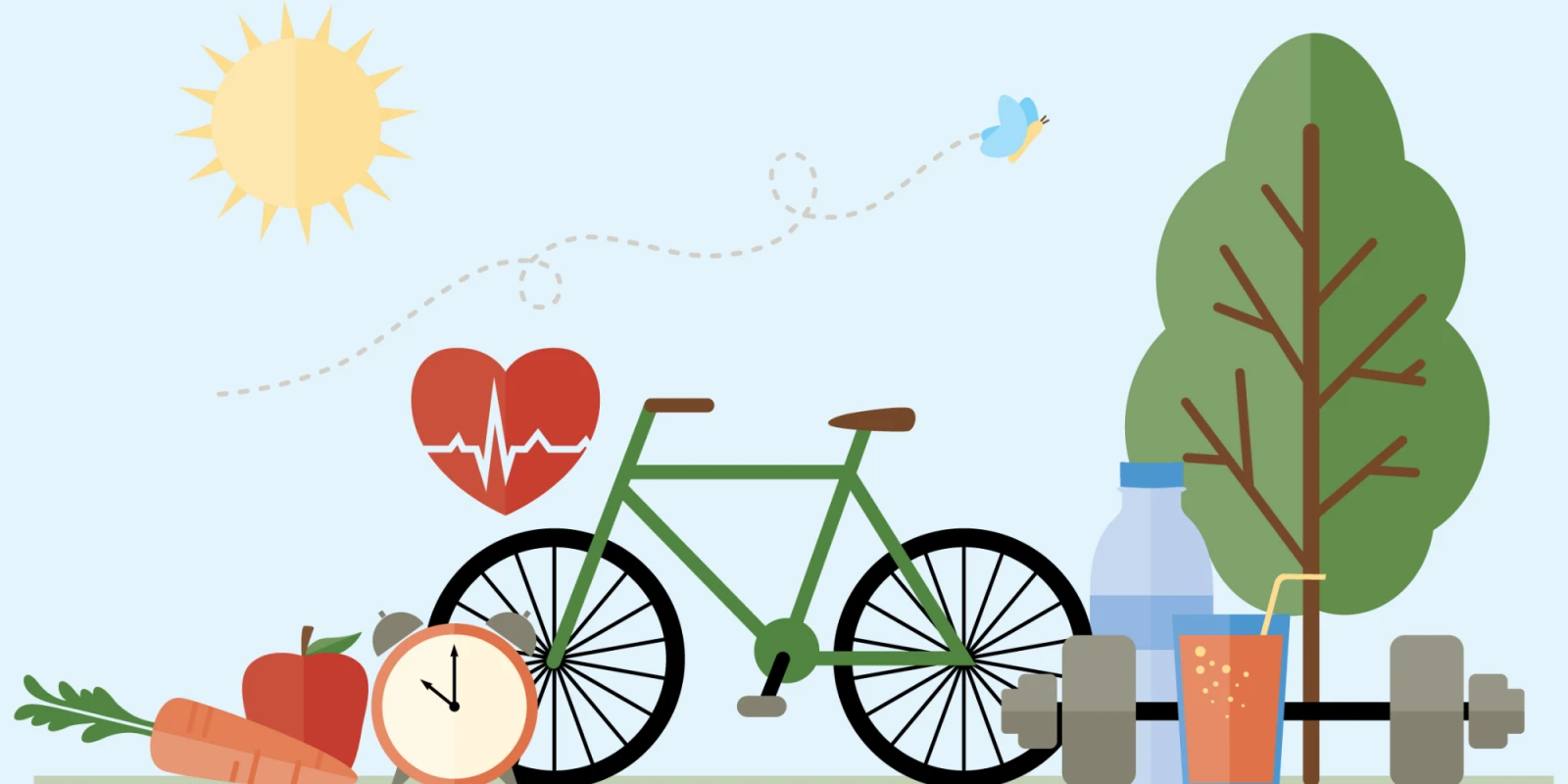
There is an old saying that goes, “Find something you love to do and you’ll never have to work a day in your life.” In an ideal world, that may be true. But most of us — for better or for worse — live in the real world. In the real world, no matter how much you love your job, work can be hard and frustrating. It can wear you down. Of course, that can be said about any job or career path, but when looking at physicians specifically, work burnout is as prevalent as ever. This begs the question: For physicians, who love their jobs so much that they underwent over a decade of school and training — all while knowingly taking on a significant amount of financial debt — how can we as a community of professionals prevent burnout?
My personal path to answering this question started right out of college. I was a newly employed Clinical Research Coordinator focusing on urological research in New York City. The commute from home often took three hours a day, and in addition to teaching myself about Urology, I was also studying for the MCAT and applying to medical school. Looking back, it comes as no surprise that after a few months I was mentally and physically drained. I was not even a medical student, let alone a physician, and I was already struggling.
After noticeably underperforming at work, my boss and mentor invited me for a coffee. Concerned, he inquired about both my personal and social life and how I was spending my time outside of the office. Once I was done expressing what I was going through, he suggested I work on incorporating deliberate routines into my schedule that would provide me with the mental breaks I needed to not only keep my sanity, but to also keep my enthusiasm for my job alive. He recommended that I schedule these routines into my calendar just as I would any other part of my day, making them concrete and more difficult to neglect.
He was right. I needed to make a change. I had to find the things that would alleviate my stress, that would let me unwind. I made a list of my hobbies and at the top of that list was exercise and film. It was hard at first to incorporate these activities into my schedule because I felt as if I was overbooking my already very long "to do" list, but I knew the only way I was ever going to do them at all was to schedule and prioritize them just like I did my work. I knew making these changes would be challenging, so I started small: I made myself go to the gym once a week after work and the movies every other week. Still, there were often times I failed to make it to the gym or see a movie. It took some time, but after a conscious effort, I established a routine. As the weeks went on, those small steps got bigger. I started to add more days at the gym each week, a movie every 10 days or so. After about six months, I found myself going to the gym three times a week and the movies once a week, a recipe that ultimately worked for me.
By treating “me” time as if it were just as important as the time I spent on my patients, and by iterating my routine until I found the right balance that worked, I successfully prevented burnout and kept my enthusiasm for my job. I never stopped working hard and the experience was difficult, but my dedication to myself improved my overall productivity and made the journey more enjoyable.
The third law in Samuel Shem’s “House of God” is, “At a cardiac arrest, the first procedure is to take your own pulse.” When it comes to physician burnout and preventing that burnout, we need to constantly check our own pulse to prevent ourselves from going into a stress-induced arrest. We need to turn our practice onto ourselves and become our own patients, scheduling our own personal checkups in which we constantly re-examine ourselves and our well-being. Whether it is watching a movie, exercising, fishing, cooking, or sharing moments with family, we need to find balance. We need to find time that we can call our own — because how can we properly care for others if we cannot care for ourselves?







